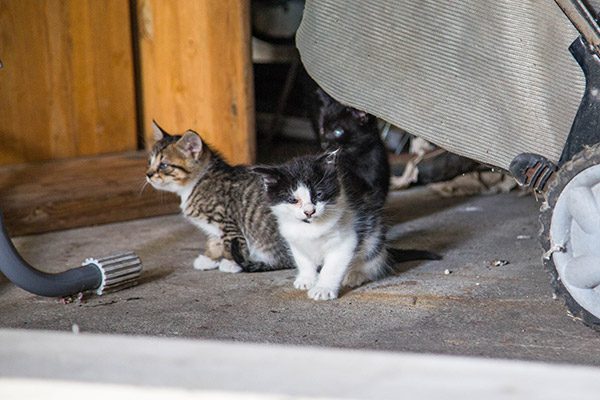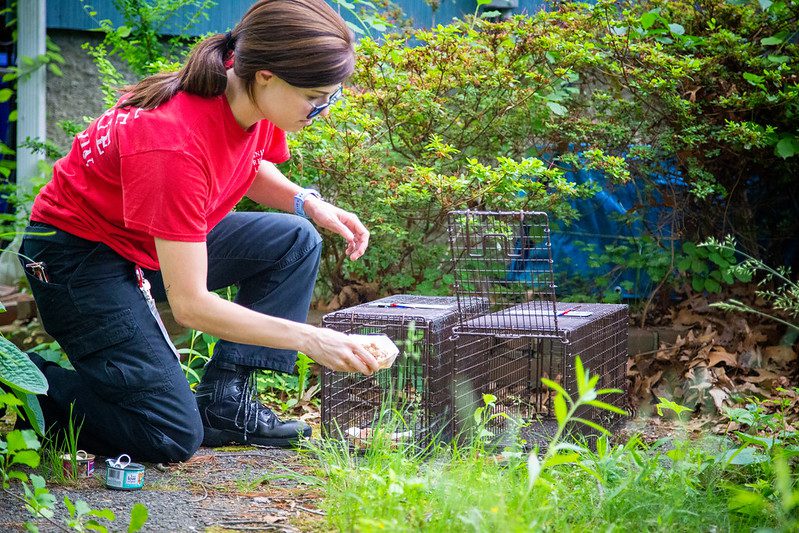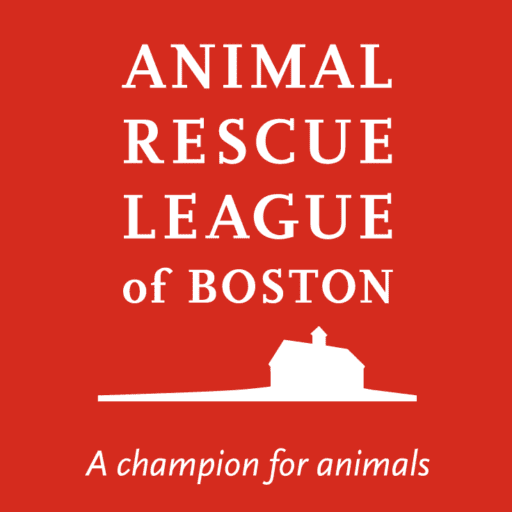Community Cats
Outdoor cats can be found in almost every neighborhood across the country. These cats include community cats (friendly strays, abandoned, or feral) and owned cats that are allowed outdoors to roam. Community cat colonies usually form due to a conducive environment, such as outdoor cats already living in a particular area, an established food source (including dumpsters or trash cans), or a form of shelter or protection.
At ARL, we are focused on community cats; those that live outdoors and are unowned, but are a part of our local communities. It is important to remember that cats living in community colonies are not all considered “feral” but consist of a combination of feral, shy, and friendly stray cats all living together. Previously, the animal welfare term “feral” was often associated with “bad cats” or “other cats.” While feral cats are different in the sense that they have not been properly socialized with humans, they are biologically the same as owned house cats.

Community cats face many challenges living outdoors. Without proper shelter and care, they are at risk of illness and injury. Additionally, without spay/neuter surgery, these cats can produce many litters and continue the cycle of large colonies of unowned cats. It is estimated that over 700,000 cats roam free in Massachusetts with 70,000 in Boston alone.
To best serve the cats in greatest need, we have committed to a comprehensive approach. We have hired ARL’s first dedicated Community Cats Rescue Agents and started a Community Surgical Clinic at our Dedham Animal Care & Adoption Center.
Community Cats Rescue Agents
Our Rescue Agents will respond to the call of residents who report a colony of cats, investigating the colony to determine the number of cats and kittens residing in that area, the cats’ overall health status, and whether or not a local resident is feeding them regularly and can continue.
After the initial assessment, a TNR (Trap-Neuter- Return) plan is formulated for that particular colony. TNR is one of the most humane and effective ways to stop the cycle of homelessness among cats. Spay and neuter surgeries are low risk and proven to improve the safety and health of these cats as well as the community as a whole. The plan also includes vaccines, and whether each cat will be returned to the colony, returned to their owner if microchipped, or admitted to an ARL shelter to be put up for adoption if they are friendly.
The Community Surgical Clinic
Located at ARL’s Dedham Animal Care & Adoption Center, the Community Surgical Clinic (CSC) is staffed by ARL’s Medical Director. The clinic provides TNR services to community cats through our Community Cats Rescue Agent, as well as offer low-cost spay and neuter services for pet owners who have received a Massachusetts Animal Fund voucher from their local animal control officer. The CSC also provides local animal control officers with an additional surgical resource for dogs and cats held in their respective municipal shelters.
Trap, Neuter, Return
ARL serves community cats through our Community Cats Rescue Agent and our Community Cat Volunteer Squad, providing Trap – Neuter – Return services. Please call (617) 426-9170 x563 for more information or assistance.

Change the Lives of Cats at Risk
We’ve seen a huge increase in the number of community cats in need of help. Your donation today can help local cats by providing:
